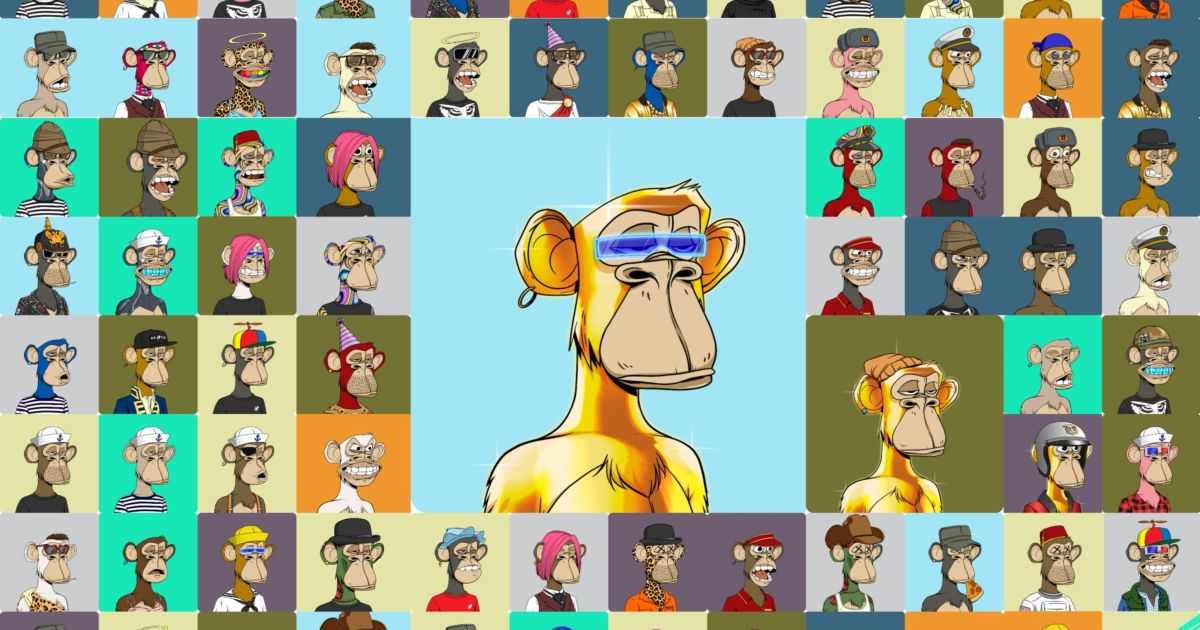Overview or Introduction
Non-fungible tokens (NFTs) have rapidly transformed from niche digital collectibles into a new frontier of ownership and monetization across various sectors. As technology and consumer attitudes evolve, it’s essential to understand the latest developments, benefits, and implications of NFTs in areas like gaming, real estate, and intellectual property.
This article delves into the burgeoning world of NFTs, exploring the current trends that are reshaping digital ownership and culture. Whether you’re a seasoned investor or new to this digital phenomenon, understanding these dynamics can help you navigate the complexities of the NFT landscape.
The Rise of NFT Utility and Interoperability
Initially celebrated for their role in digital art, NFTs are now branching out into diverse applications, including memberships, event tickets, and virtual real estate. This shift toward utility signifies that NFTs are maturing from mere collectables to practical assets offering tangible value. Additionally, interoperability—the ability for NFTs to function across various blockchain networks—is enhancing their liquidity and broadening their appeal to creators and consumers alike.
NFTs in Gaming: A New Era of Ownership
The gaming industry has experienced one of the most substantial impacts from NFTs. Players can now buy, sell, and trade in-game assets like characters and skins, fostering a sense of true ownership and engagement. Moreover, the play-to-earn (P2E) model empowers players to monetize their time and skills, revolutionizing how users interact with their games and challenging traditional revenue pathways for game developers.
The Growth of NFT Real Estate
As interest in virtual land surges, platforms like Decentraland and The Sandbox are paving the way for NFT applications in real estate. Virtual properties can be bought and sold seamlessly, while tokenization allows fractional ownership of actual properties, democratizing access to real estate investments. This trend reflects the growing acceptance of NFTs as a legitimate asset class.
Environmental Concerns and Sustainability in NFTs
The environmental impact of NFTs has raised alarms due to the high energy consumption associated with minting and trading on blockchain networks. As a response, innovations like Ethereum 2.0 aim to shift from energy-intensive proof-of-work systems to more energy-efficient proof-of-stake mechanisms. These efforts are crucial for ensuring the sustainability of NFTs as they integrate into broader digital and physical economies.
NFTs and Intellectual Property Protection
For creators, NFTs offer a novel method for safeguarding intellectual property. By establishing verifiable ownership records, creators can control and monetize their digital works more efficiently, minimizing issues with piracy and counterfeiting. This potential has led to increased interest from artists, musicians, and other content creators seeking to capitalize on their creations.
Social Media Integration and NFT Collectibles
Social media platforms like X (formerly Twitter) and Instagram are exploring ways to integrate NFTs, allowing users to showcase their digital assets as profile images. This integration not only enhances user engagement but also solidifies the role of NFTs in fostering connections between fans and brands through exclusive content and experiences.
The Role of NFT Development Companies
As the demand for NFTs continues to grow, specialized development companies play a crucial role in helping businesses and individuals navigate this complex landscape. From creating and minting NFTs to ensuring compliance with legal standards, these firms are essential for maximizing the potential of this technology and driving innovation within the digital asset space.
The Future of NFTs: What’s Next?
The future of NFTs looks promising, with their integration expected to expand into fields like supply chain, healthcare, and education. As the technology advances, NFTs will likely evolve alongside emerging technologies, further shaping their role in digital ownership and cultural consumption.
Key Takeaways
- NFTs are transitioning from collectibles to practical digital assets with real-world value.
- The gaming industry is witnessing a significant transformation through ownership and monetization opportunities enabled by NFTs.
- Environmental sustainability is becoming increasingly crucial as concerns about NFT energy consumption grow.
- NFTs provide innovative solutions for intellectual property protection, aiding creators in controlling and profiting from their work.
- The integration of NFTs in social media and other sectors indicates their ongoing influence and acceptance in mainstream culture.

